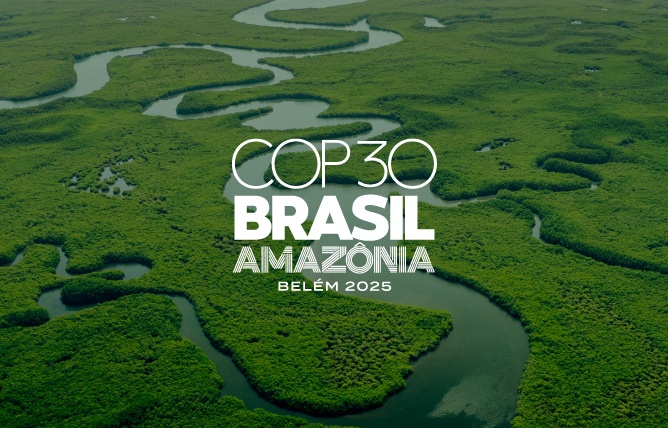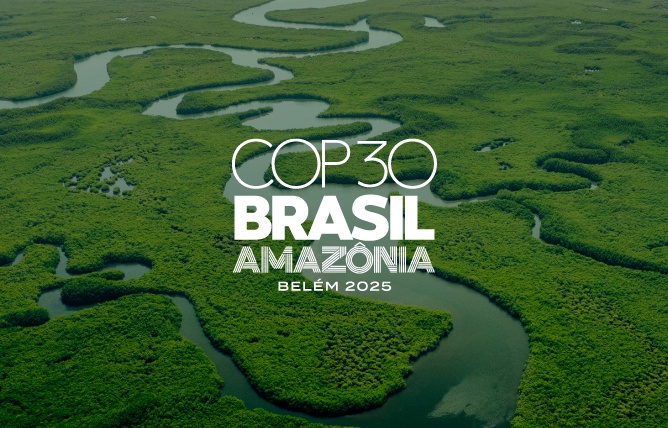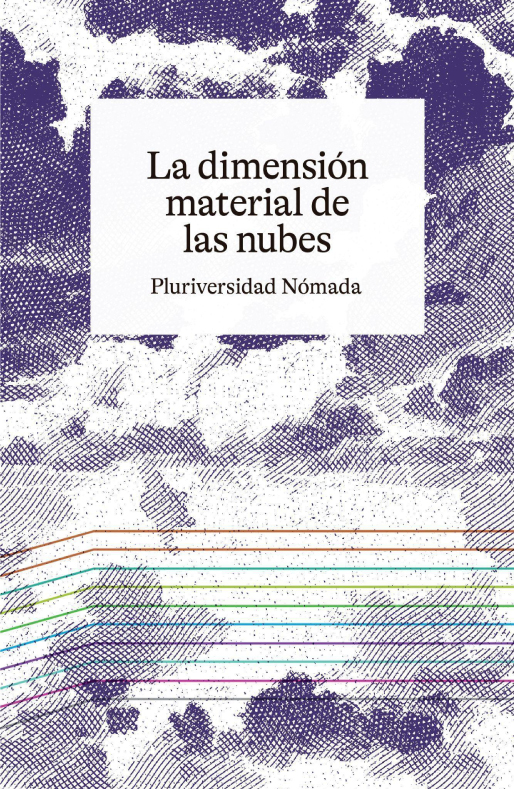DataCenterBoom! When the cloud settles in our territory
We have just launched DataCenterBoom!, a repository of information for communities and local authorities that are newly faced with the construction of data centers in their territories.

Latin American Institute of Terraforming





Arrive and operate. Or, as the Minister of Science says, data centers in Chile are ready to “plug and play.” Days ago, I attended a virtual meeting in Spain, where we discussed regulatory trends related to data centers. They asked me about the situation in Latin America and Chile. I replied – to the surprise of some foreigners- that trends here are toward deregulation. There are many examples, but let's talk about Chile in light of LaBot news.

“Preguntas urgentes ante un data center en tu comunidad” es un podcast casero y breve que funciona como una guía básica para que las y los vecinos de un territorio donde se instala un data center tengan acceso a información básica sobre qué impactos socio-ambientales implica y qué pasos iniciales deben tener en cuenta. Está en Spotify y en nuestra plataforma favorita Archive.
En el Instituto Latinoamericano de Terraformación vemos con preocupación que nuestros gobiernos, en su carrera por ser parte de la cadena global de producción de la Inteligencia Artificial (IA), busquen facilitar la inversión para la construcción de centros de datos (o data centers) sin tomarse en serio las consecuencias socio-ambientales que producen estas infraestructuras en los territorios y sus poblaciones.
Ante las evidentes pruebas de su enorme impacto ambiental en los diversos territorios donde estas infraestructuras buscan instalarse, la sostenibilidad se repite como una palabra mágica, como una receta milagrosa entre las autoridades gubernamentales, pero ¿qué es exactamente la sostenibilidad de la IA?
En este documento llamado “¿Qué diablos es la Inteligencia Artificial sostenible? Complejidades, lecciones aprendidas y retos próximos sobre sus centros de datos en América Latina”, hemos querido poner a disposición del público general, en castellano y en un lenguaje simple, con ejemplos mundiales, regionales y locales, las tensiones sobre el concepto de sostenibilidad de la IA que hoy dominan una discusión planetaria. Al contrario que un simple cambio de tecnología para ser más eficiente los usos de recursos de la IA, se puede ver que esta discusión con perspectiva multiterritorial pone en entredicho quién realmente gana con la IA y quiénes son siempre los que pagan las consecuencias socio-ambientales de su desarrollo.
En plena crisis climática y ecológica, en el Instituto Latinoamericano de Terraformación creemos que otra tecnología y otra economía -dentro de los límites planetarios- es posible. El verdadero reto es lograr tener una clase política que tenga la valentía de imaginarlo.
[Esta obra está bajo el Dominio Público y si la pudiste leer nos gustaría saber mucho tu opinión en una encuesta de una sola pregunta].
La próxima semana, gobiernos, líderes de la industria y de la sociedad civil estarán en París en la Cumbre de Acción de IA. A propósito, esta declaración conjunta urgente:

“El sector tecnológico sigue funcionando como si no hubiera límites planetarios. Los líderes tecnológicos y los gobiernos justifican nuevas inversiones en sistemas de IA destacándola como una herramienta para la sostenibilidad. Sin embargo, la IA nunca podrá ser una «solución climática» si funciona con combustibles fósiles y se utiliza para extraer petróleo y gas.

Uno.
Hace casi diez años atrás, A., (la amiga catalana en común que nos presentó con Lucía Egaña Rojas, editora junto con Ce Quimera de “La dimensión material de las nubes” y que, de alguna forma u otra, es también responsable de que yo esté acá, honrada de presentar estos textos) me preguntó:
-¿Qué archivos interesantes tienes en tu computador? (¿o diría ordenador?, mi memoria, aclaro, está en chileno).
-Mmm, me quedé pensando. No sé, no mucho, contesté, mientras solo recordaba tristes archivos de “últimas-últimas-esta sí que sí” versiones de un mismo documento.
-¡Pero cómo! -recuerdo que A. me dijo con un tono de preocupación-. ¿Qué harás cuando se acabe internet algún día?